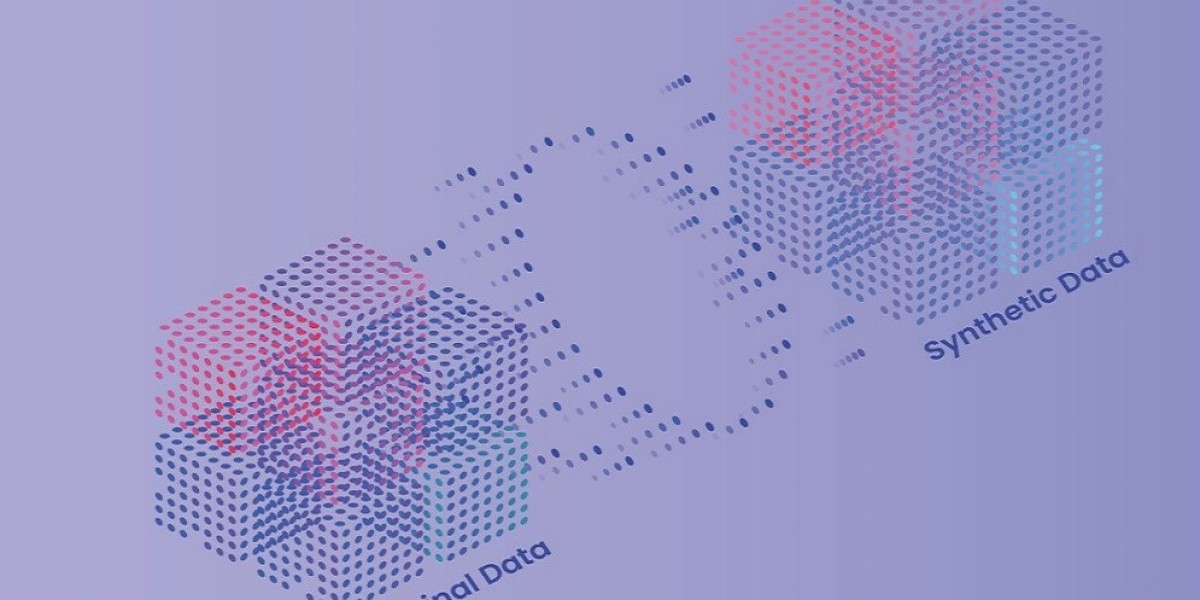In today’s digital age, data is the lifeblood of modern businesses. It drives decision-making, fuels innovation, and powers the analytics that give companies a competitive edge. However, one significant challenge persists: obtaining high-quality, relevant data for analysis. Enter data generation tools, a solution that has become increasingly vital for businesses striving to harness the power of data.
What Are Data Generation Tools?
Data generation tools are software solutions designed to create synthetic data sets that mimic real-world data. These tools can generate data for various purposes, including testing software applications, training machine learning models, and conducting simulations. Unlike traditional data collection methods, which rely on existing data, these tools produce new data that is structured, controlled, and customizable.
Why Are Data Generation Tools Important?
Enhancing Data Privacy and Security
- With increasing concerns over data privacy and regulatory compliance, using real data can be risky. Data generation tools mitigate these risks by allowing companies to create synthetic data sets that do not contain any personal or sensitive information. This ensures compliance with data protection regulations like GDPR while still enabling valuable insights.
Supporting Machine Learning and AI Development
- Machine learning models require vast amounts of data for training. However, acquiring large, labeled data sets can be challenging, especially in niche industries. Data generation tools fill this gap by providing synthetic data that can be used to train and validate machine learning algorithms, accelerating the development of AI applications.
Improving Software Testing
- Testing new software systems requires realistic data to ensure that they function correctly under various conditions. Data generation tools create diverse data sets that mimic real-world scenarios, enabling comprehensive testing. This reduces the risk of software failures and enhances the quality of the final product.
Enabling Data-Driven Decision Making
- Businesses often need to analyze data to make informed decisions. Data generation tools can create data sets tailored to specific scenarios, allowing companies to conduct what-if analyses and predict outcomes based on different variables. This empowers businesses to make strategic decisions with greater confidence.
Popular Data Generation Tools
Tonic.ai
- Tonic.ai is a leading data generation tool that enables users to create realistic, synthetic data sets for testing and development. It offers advanced features like data masking and subsetting, ensuring that the generated data is both secure and useful.
DataGen
- DataGen focuses on generating high-quality synthetic data for computer vision and machine learning applications. It uses 3D simulations to create realistic data sets that can be used to train models in a variety of industries, including autonomous vehicles and robotics.
Mockaroo
- Mockaroo is a simple yet powerful tool for generating random data. It allows users to create data sets with customizable fields, formats, and distributions, making it ideal for testing, prototyping, and other development tasks.
Synthesize
- Synthesize is a versatile data generation platform that offers tools for creating synthetic data across different domains. It is particularly useful for generating data in regulated industries, where privacy and compliance are critical concerns.
The Future of Data Generation Tools
As businesses continue to rely more heavily on data, the demand for high-quality, easily accessible data will only grow. Data generation tools are poised to play a crucial role in meeting this demand. With advancements in AI and machine learning, these tools will become even more sophisticated, offering increasingly realistic and customizable data sets that drive innovation and growth.
Conclusion
Data generation tools are transforming the way businesses approach data. By providing a secure, flexible, and efficient means of creating synthetic data, these tools are empowering companies to innovate, test, and make data-driven decisions with confidence. As the digital landscape evolves, the importance of data generation tools will continue to rise, making them an indispensable asset for modern businesses.







